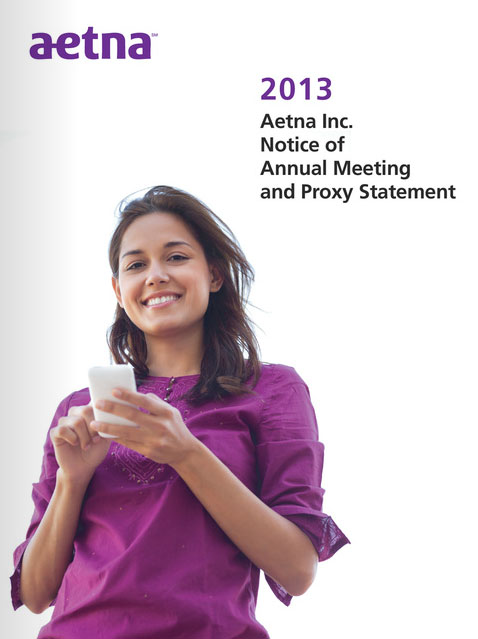We’re at the brink of proxy season now; one of the most interesting times of year to be a business journalist.
Proxy statements – or formally, a company’s DEF 14A – are one of the more revealing documents that the Securities and Exchange Commission requires of publicly traded corporations. They’re issued once a year in advance of a company’s annual meeting of shareholders and for most companies that’s in the spring. Here’s a good primer from Bankrate.com on why investors should take note of the proxy statement’s contents.

Reporters can use proxy statement contents for a variety of stories that reflect on the corporate governance of a particular company; here’s the SEC.gov shortcut on searching for the DEF 14A for specific corporations.
You also can examine all of the proxies for public corporations in your region to look for trends in areas like board member and executive compensation, non-cash perks, and the like. It’s a convenient time to compare the makeup of company boards; is there much overlap or possible cronyism as area execs serve as one another’s directors? How about diversity among boards and senior management?
Proxy Monitor is a database run by the Manhattan Institute’s Center for Legal Policy – it tracks a number of large-company proxy statements and its site includes research, commentary and trending topics that might help you define the angles you want to pursue locally.
How does your state stack up in the number of corporate headquarters it hosts, and why does it rank where it does? Here’s a handy directory from the website of Credit Risk Monitor; the first chart gives a total by state; click on your state’s name for a listing of all* publicly traded corporations. (*I’m not vouching for the accuracy; you might want to double check via a search at SEC.gov or by asking a local brokerage firm to run a list for you from its Bloomberg terminal, but this is a handy place to start.) In addition to household names and the usual suspects, you might find small but public firms whose shares are held by only a few people or family members; might be some interesting profiles or industry stories to be unearthed there.
Obviously with income inequality being of great focus today, your audience will be keenly interested in executive compensation stories; sometimes it can be effective to chart all of the “power pay “as I call it, in your area, and run the numbers as a large graphic. (Remember to do a sidebar noting that some of the highest-paid managers in your market may well be leading private companies that aren’t required to disclose pay.)
It might be interesting to contrast executive pay with average pay for various jobs at a corporation; if the company won’t disclose (the likely case), try gleaning what you can from sites like GlassDoor.com and Salary.com, which purport to publish wage and salary information for a variety of industries and specific companies.
Non-cash perks from bodyguards and life insurance to travel and housing subsidies, season sports tickets, club memberships and more generally come to light in the proxy statement and make for juicy reading. In fairness, though, some things that sound frivolous actually do make sense from a business standpoint; it’s sort of naïve to chastise a CEO for using the company jet, for example, if it’s being used as a valid time management tool.
Related party transactions are another area to look at; this is where a company must disclose any potential conflicts of interest. Say, if it rents an airplane hangar from the brother-in-law of the CFO, or uses the marketing firm run by another manager’s relative.
Proxy season also is when companies disclose what they’re hearing from activist shareholders, who sometimes muster enough mass to get proposals on the ballot.










